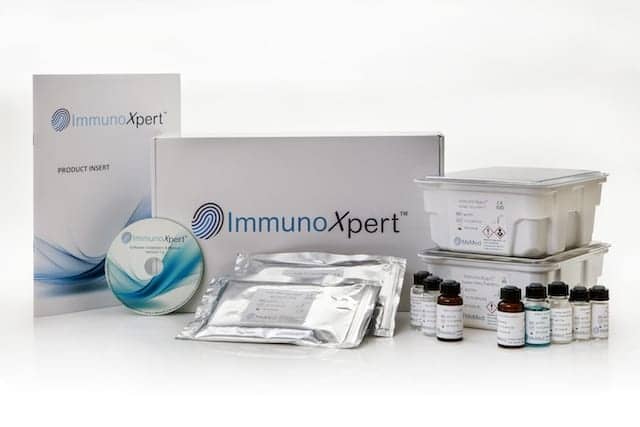The European Commission has awarded €2.3 million to support AutoPilot-Dx, an international consortium with members from leading medical centers and industry that is coordinating European deployment of the ImmunoXpert test from MeMed Ltd, Tirat Carmel, Israel. The 2-year award was granted through the Horizon 2020 Fast Track to Innovation Pilot, which recognizes outstanding business innovators.
“We are excited by the continued vote of confidence of the European Commission,” says Eran Eden, PhD, CEO of MeMed. “This award will allow us to strengthen our collaboration with clinical key opinion leaders and industry partners, with the goal of further solidifying the clinical utility and cost-effectiveness of ImmunoXpert in reducing antibiotic misuse.”
ImmunoXpert is a diagnostic test that uses the body’s own immune system to distinguish between bacterial and viral infections, thereby empowering physicians to make better-informed antibiotic treatment decisions. ImmunoXpert has been validated in a series of clinical studies enrolling thousands of patients worldwide, and has received the CE mark denoting market clearance for Europe.
“This award complements two previous highly competitive grants of over €9 million received from the European Commission, including the 2015 small and medium-sized enterprise instrument awarded to support the development of ImmunoPoC, our second-generation product for rapid point-of-care testing,” says Kfir Oved, MD, chief technology officer at MeMed.
The new grant will facilitate introduction of ImmunoXpert at additional medical centers, with the goal of monitoring the management of 1,200 children with respiratory tract infections (RTIs) or fever without source, in a collaboration between MeMed, Tecan, Quantify Research, University Hospital Mannheim, and the University of Milan.
In children, RTIs account for almost 50% of doctor visits and hospitalizations, with unexplained fever responsible for as much as 25% of pediatric emergency department visits. “A key intervention for reducing antibiotic overuse in respiratory infections is development and adoption of improved diagnostics,” says Susanna Esposito, MD, pediatric infectious disease specialist at the University of Milan and president of the World Association for Infectious Diseases and Immunological Disorders. “The EU grant will help us to further validate an innovative diagnostic to push the boundaries of the field.”
For more information, visit MeMed







